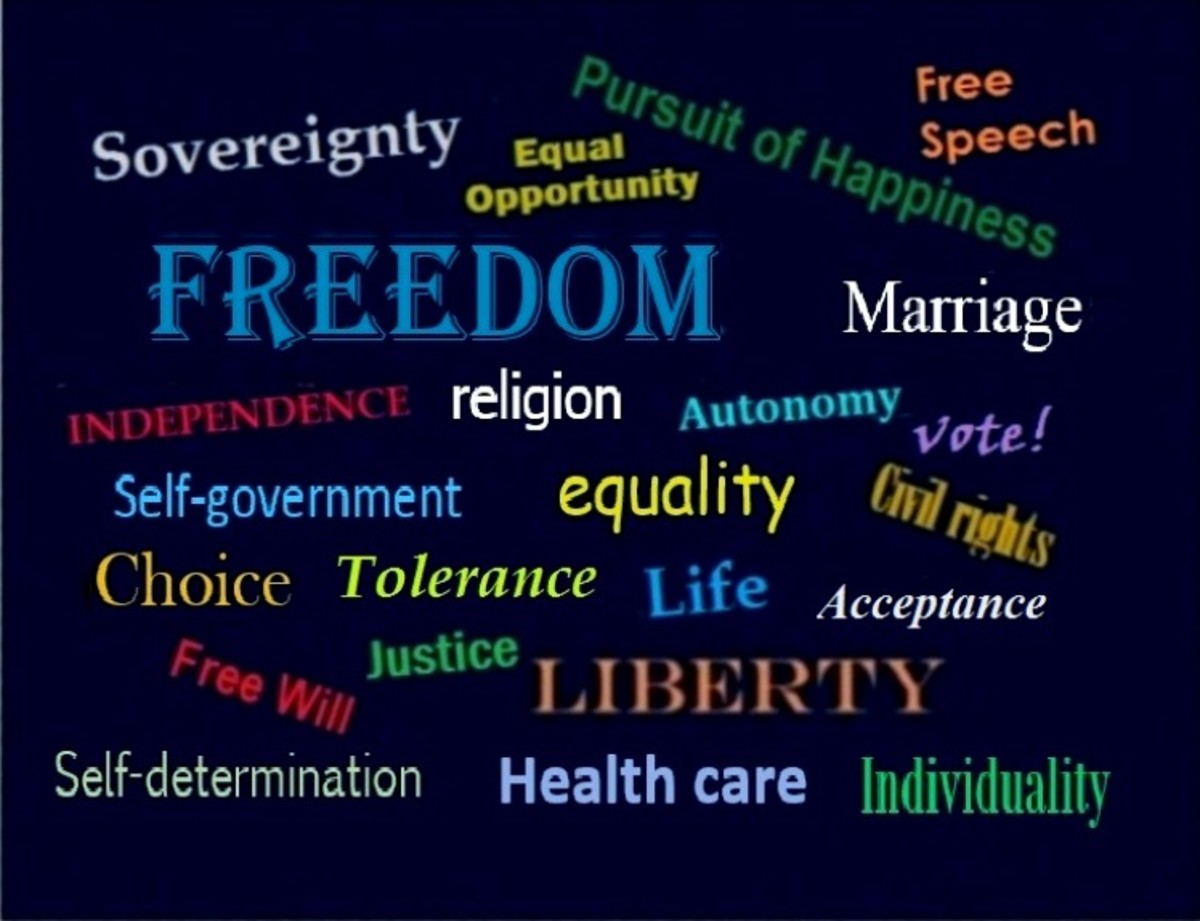The Powers and authority of Congress
There are many powers and authority given to Congress in the Constitution and as such the responsibilities should be taken seriously by those elected to Congress when creating legislation. Legislation should not be initiated which do not clearly connect to the authority granted in the Constitution. Clearly this does not always occur and leaves open questions as to whether the laws generated and the regulations associated with them are within the jurisdiction of Congress. Many of the issues/legislations have gone through the court system and up to the Supreme Court to decide whether Congress overstepped their authority. The powers and authority of Congress is clearly identified within the Constitution in Section 8 of Article I. The powers and authority again have recently come under scrutiny whether the laws passed are within their constitutional authority.
One of the responsibilities of Congress has is to lay and collect taxes, duties and excise taxes. The power to tax at the national level is clearly well within their responsibilities. The issue of the tax system currently in place while it is within their authority it sadly needs to be overhauled. We as a country have a reputation which should be cherished through actions taken by Congress but the level of national debt raises questions about the ability of Congress to pay our debts. In addition to paying our debts comes the need to provide for the common defense and the general welfare of the United States. We are a country with a rich history which has not always been easy as we developed as a country.
The individuals in Congress before they make a decision on any legislative proposals need to understand the limited powers granted to in the Constitution. As stated under article 10 the powers granted or identified in the Constitution to Congress and the authority for any remaining actions are left to the states. The vagueness of legislative actions/laws which have been initiated in recent years have blurred this distinction but all the laws passed which have no clear connection does not mean the authority is not there. Legislative actions should reference the Constitution to connect the actions being proposed to the authority on which the legislation is based.
The main purpose or responsibility of Congress is to make the necessary laws which are proper and within their constitutional authority. Once legislation is signed by the President they become law and the need to enforce them fall upon the President and the executive department. Executing and monitoring the compliance of legislation passed by Congress falls under the department or agency which entrusted to enforce them. The intent of legislation should be clearly defined in specific language so the agencies or departments tasked with enforcing them are not open to interpretation. Clearly this does not take place in many instances. Legislative proposals which become law are written in vague terms which in some cases are warranted while in others it is not.
The rules and regulations issued by the executive departments and agencies should not have the option to interpret the meaning and intent when creating the instructions to their employees. It is the responsibility of Congress under their authority and power to generate clearly written laws which cannot be interpreted differently dependent upon who is reading them. Legislation which is clearly vague opens the door for lawyers to get involved to interpret and give guidance to businesses and individuals to ensure compliance. The use of lawyers may also be used by the departments and agencies when writing their rules and regulations. Sometimes there is a conflict between the opinions or interpretations of these two aspects and the issues results in actions by our judicial system to make the decision on which interpretation is correct. Interpretation can also involve whether the legislation and/or the regulations are within the applicable constitutional authority. Let us hope that after the 2014 elections that the manner and language of legislation initiated will be more clearly defined. Intent must be understood along with what authority is granted to the departments and agencies involved with monitoring and enforcement. The prospect of this occurring is remote at best but changing the culture of Congress starts by electing individuals who have the right approach to legislative actions.



